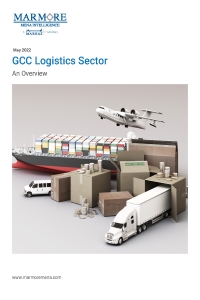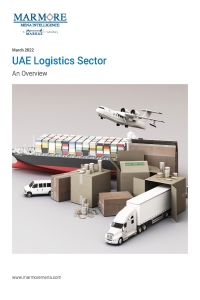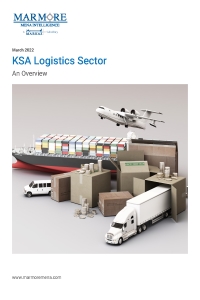Executive Summary
Industrials and logistics have been identified as two core pillars to diversification agendas and key drivers of Foreign Direct Investments (FDI) into GCC economies. The GCC has become a central node in the worldwide circulation of commodities. The reasons for the growth of the Gulf's logistics infrastructure relate to its strategic geographic location along the Asia–Europe trade route, which has resulted in large levels of expenditure on mega transport infrastructure in various GCC states, including ports, airports, trains and roads. More than 60% of the total expenditure on ports in the Middle East is in the GCC. Both new mega port construction and expansion of existing ports are taking place, with new, highly automated ports designed to accommodate the largest container ships in the world.
Key drivers of the sector growth are increasing contribution of the non-oil sector to GDP, infrastructure development, growth of free trade zones and industrial parks, and greater regional trade cooperation. One of the key challenges is that the sector is fragmented by many small and medium service providers with inefficient processes, weak supply chain management practices, and legacy IT infrastructure and systems. Unlike most other industries, the decline in economic activity during the pandemic has not affected global logistics too negatively. The sector offers opportunities for growth through acquisitions.



